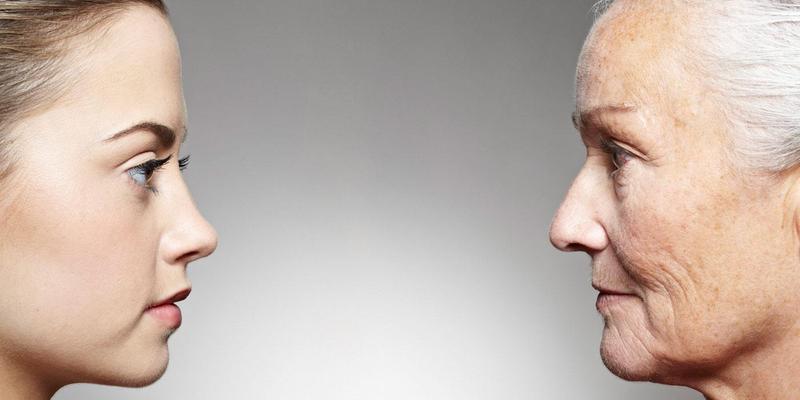Ageing Reverted? A Breakthrough Procedure to Replace Parts of Ageing Cells Discovered
Ageing Reverted? A Breakthrough Procedure to Replace Parts of Ageing Cells Discovered
As we age, our mitochondrial DNA mutates, eventually killing off cells. Mitochondria are not good at naturally repairing mutations
Scientists at Caltech and UCLA have developed a way to over-express certain genes, triggering mitochondria to clear out mutated genes.
It’s a slight twist on the method that won 2016’s Nobel Prize for Science. The op, tested on flies, could pave the way for age-halting ops on humans
A landmark study has identified a new way to replace ageing cells in our body.
The research by scientists at Caltech and UCLA could pave the way to developing nip-n-tuck style procedures that reverse and slow the ageing process.
The experiment targeted mutated DNA inside our mitochondria - the ‘battery’ of our cells.
As we age, our DNA breaks down and mutates. But unlike other parts of the body, the mitochondria are not very good at repairing DNA.
But now, in a groundbreaking procedure, the Caltech-UCLA team has found a way to manipulate genes so that they break down and remove mutated DNA, regenerating the cells.
The operation is a twist on an already-documented natural procedure called autophagy (‘self-eating’).
Via autophagy, cells can digest dysfunctional mitochondria, clearing the way for healthy replacements.
It is a hot topic at the moment - in fact, it was research into autophagy that earned a Nobel Prize this year.
But prior to the Caltech-UCLA study released on Monday, it was unclear whether this process could also promote the selective elimination of mutant or ageing DNA.
The accumulation of mutant mtDNA over a lifetime is thought to contribute to aging and degenerative diseases of aging such as Alzheimer’s, Parkinson’s, and sarcopenia— age-related muscle loss and frailty.
Inherited defects in mtDNA are also linked to a number of conditions found in children, including autism.
‘We know that increased rates of mtDNA mutation cause premature aging,’ says Bruce Hay, Caltech professor of biology and biological engineering.
‘This, coupled with the fact that mutant mtDNA accumulates in key tissues such as neurons and muscle that lose function as we age, suggests that if we could reduce the amount of mutant mtDNA, we could slow or reverse important aspects of aging.’
To test their method, the team used a common fruit fly.
They focused on mitochondrial DNA in the muscles it uses to fly, since this is one of the most energy-draining tissues in the animal kingdom.
Like in humans, fruit flies’ muscles show some of the clearest signs of ageing.
Fruit flies and humans are share many disease genes.
In the experiment, the fruit fly was genetically engineered so that 75 percent of its mtDNA was mutated early on.
They then artificially increased the activity of genes that promote mitophagy.
In doing so, the fraction of mutated mtDNA in the fly muscle cells was dramatically reduced.
One gene in particular - called ‘parkin’ - reduced the fraction of mutant mtDNA from 76 percent to 5 percent when it was overexpressed.
Bruce Hay, Caltech professor of biology and biological engineering stated:
Our goal is to create a future in which we can periodically undergo a cellular housecleaning to remove damaged mtDNA from the brain, muscle, and other tissues
Another gene - called ‘Atg1’ - reduced the fraction to 4 percent.
These are both genes which seem to be underactive in elderly people and people with degenerative diseases like Parkinson’s.
‘Such a decrease would completely eliminate any metabolic defects in these cells, essentially restoring them to a more youthful, energy-producing state,’ Professor Hay said.
‘The experiments serve as a clear demonstration that the level of mutant mtDNA can be reduced in cells by gently tweaking normal cellular processes.’
He added: ‘Our goal is to create a future in which we can periodically undergo a cellular housecleaning to remove damaged mtDNA from the brain, muscle, and other tissues.
‘This will help us maintain our intellectual abilities, mobility, and support healthy aging more generally.’
By MIA DE GRAAF FOR DAILYMAIL.COM
Be the first to post a message!
